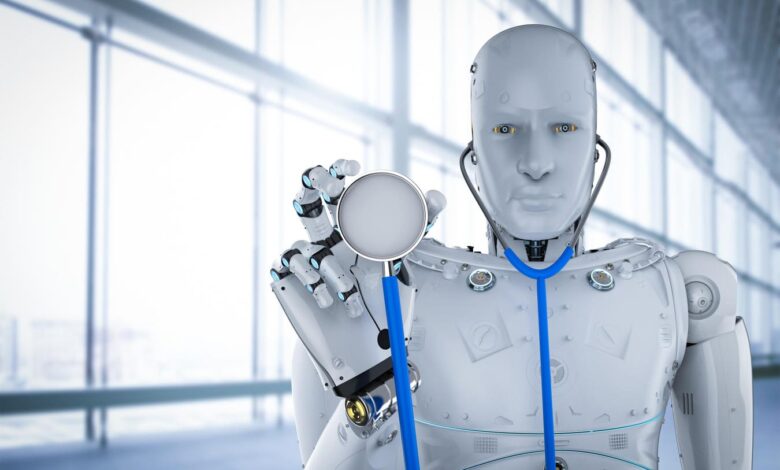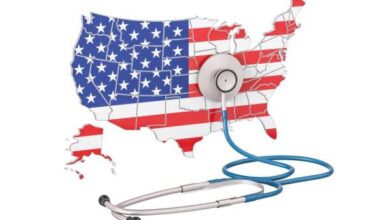Should You Be Worried If Your Doctor Uses ChatGPT?

Doctors Using AI Consultation Tools: Should Patients Be Concerned?
In 2019, an article titled “Doctors Use Youtube And Google All The Time. Should You Be Worried?” raised questions about physicians utilizing online resources for medical information. Fast forward to 2025, and the focus has shifted to AI tools like ChatGPT being integrated into medical practices. Should patients be worried about their doctors relying on artificial intelligence for diagnoses and treatment recommendations?
According to technology entrepreneur Jonas Vollmer, many doctors are using ChatGPT on a daily basis. They input anonymized patient histories, including x-rays, into the AI tool to assist in analyzing symptoms and suggesting possible diagnoses. While younger physicians are more likely to embrace AI technology, older practitioners may be more hesitant to adopt these new tools.
AI tools such as ChatGPT, Grok, and Claude can be valuable aids for physicians after they have gathered thorough patient histories and conducted physical exams. These tools can offer additional insights and suggest diagnoses that may not have been considered by the physician. For example, ChatGPT can identify rare side effects of medications or unconventional treatments discussed in online forums that may not be widely known in traditional medical literature.
It is important to note that AI tools should complement a physician’s expertise, not replace it. The final responsibility for confirming diagnoses and determining treatment plans lies with the physician, who must use their clinical judgment to validate any suggestions made by the AI.
There have been instances where patients have reported receiving accurate diagnoses from AI tools like ChatGPT after struggling to find answers through traditional medical channels. Studies have also shown that AI tools can be surprisingly effective at diagnosing conditions when provided with patient case reports.
Physicians using AI tools must adhere to medical privacy laws and obtain consent from patients before utilizing their data in AI consultations. Just as seeking second opinions from colleagues is common practice in medicine, consulting with AI should follow the same privacy guidelines.
While AI tools can enhance diagnostic accuracy and improve patient care, they are not meant to replace human physicians entirely. Similar to how driverless cars can operate safely under certain conditions but still require human intervention in emergencies, AI in healthcare serves as a valuable tool but should not replace the expertise of healthcare providers.
In the near future, it may become standard practice for physicians to use AI consultants to verify their diagnoses. Patients who are curious about their physician’s use of AI tools can inquire about it and even suggest utilizing AI for additional insights into their medical conditions.
In conclusion, AI consultation tools like ChatGPT can be beneficial for physicians as long as they uphold patient privacy and maintain their clinical judgment in the decision-making process. Patients should view AI as a supplementary tool in healthcare, not a replacement for human expertise.




